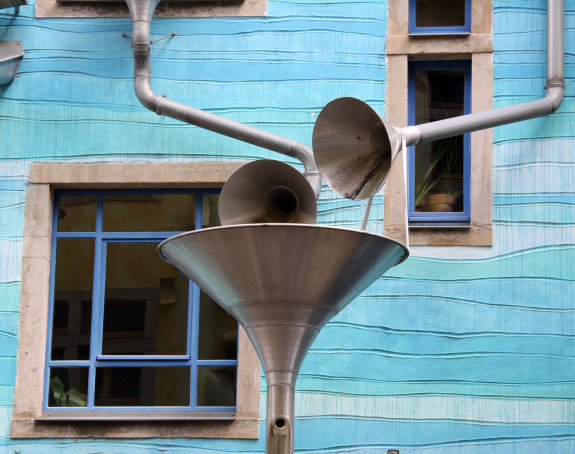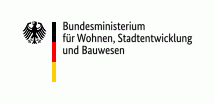
Artists: Annette Paul, Christoph Roßner and André Tempel; Photo: Wolf-Christian Strauss
Financing and funding
As an institution of solidarity for the towns and cities and as a publicly funded research institute we are committed to facilitating the interests of the municipalities and the common good. More than 100 municipalities support Difu and benefit from its range of services.
Short link to this page: difu.de/en/12912

